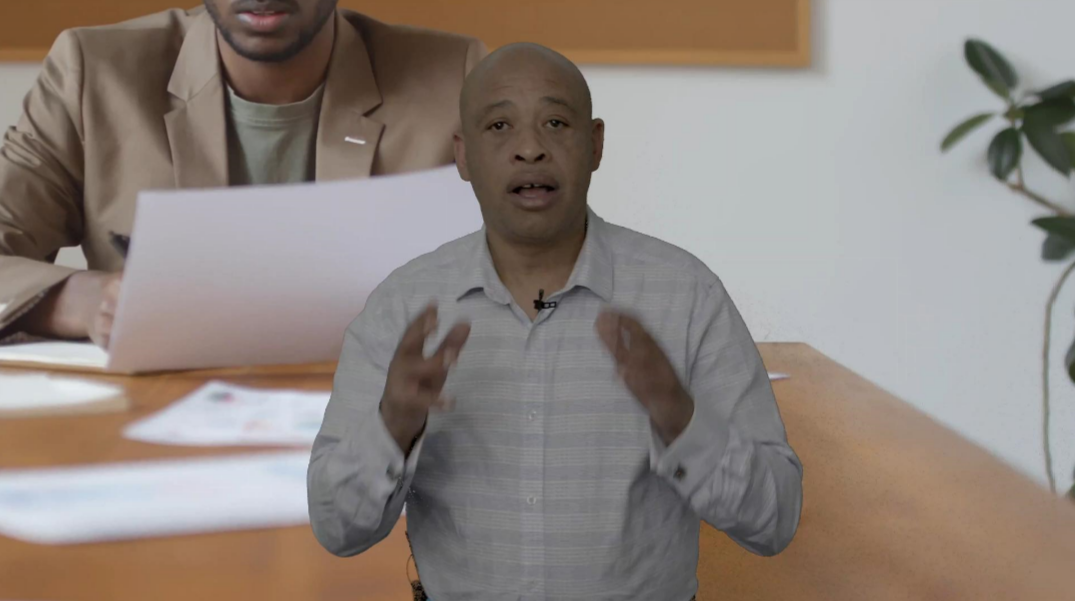How Great Soft Skills Can Improve Your Cash Flow Today
Maintaining cash flow and collecting debt are constant challenges for almost every small and medium-sized business. According to The Invoice Market, Australian SMEs are collectively carrying a staggering $76 billion in outstanding invoices at any one time. Average this out and every Australian business is owed around $38,000 by their debtors. Soft skills can provide some surprising ways to drastically improve our cash flow.
The burning question is how do you honour your own supplier and staff obligations when your creditors aren’t paying you? It’s tough - one way is to take on the risk yourself. If this sounds familiar, you’re not alone.
According to Business Insider, a recent CBA survey shows that 32% (of small business owners) dipped into their own accounts while 44% use credit cards “as their primary tool to manage cash flow, working capital and business investment”.
Often business owners take on this extra debt while significant owed funds sit just beyond their reach. Chances are, if you are reading this – you could be one of them.
Effective debt collection can make a huge difference – not only to your cash flow but also to your relationship to your business. No one starts a business to be a slave to it – but having a constantly cash-needy business can place unnecessary pressure on an owner’s finances and family relationships.
So how do you manage your cash flow more effectively and bring in more of your outstanding funds? The answer is more obvious than you might think.
The hidden human barrier to recovering debt
A reluctance to ask for money is a major factor. It’s not surprising – asking for money can be confronting for anyone - especially if you don’t have conflict management experience or credit control training to fall back on. These conversations draw values and insecurities to the surface; personal responses that are connected to your staff member’s personal worth and acceptance.
As a result, those charged with the task of debt recovery often approach the discussion with their defences up. The ensuing conversation ends up awkward, blunt and frequently ineffective. More importantly, the experience makes your staff members increasingly determined to find any reason to avoid repeating that uncomfortable experience.
So, the task-shifting games begins. Responsibility is often shuffled back and forth between sales and accounts payable with no-one wanting to make the call. The reasons provided can seem so articulate and well-rehearsed that business owners are often unaware that this dynamic of fear even exists. But it is probably going on around you right now.
This game can go on until in desperation you call in a debt collection agency. At this point you are placing the very client relationship you have been trying to protect into the hands of a third party. It doesn’t have to be this way.
Keeping the relationship within the business
Equipping your staff with some essential soft skills and techniques can make a huge difference. Here are a few tips that we have seen deliver some astounding results:
- Make debt collection a legitimate acceptable business activity rather than a hidden task
- Make sure the responsibility for collection is clear – and what is expected of both AP and sales
- Equip those responsible (this might even be you) with the skills required to do it right. This can include attitude and voice skills, negotiation skills to work through difficult situations, the ability to work with sales team, and simple techniques to approach the situation with confidence
- Incentivise successful collection. This might be a shared incentive between AP and the relevant sales person
- Be constantly aware of the task-shifting game and understand what it is really saying about the confidence levels of your staff
Cash flow is the lifeblood of every business. ASIC states that poor cash flow is cited as a factor in 40% of business failures. Putting good debt recovery processes in place is critical to good cash flow management and that can be as simple as giving staff the skills and confidence they need to be comfortable and successful.
Need some help empowering your staff to help you manage credit control? Book a FREE personal one-on-one soft skills assessment session, and find out how soft skills could benefit you or your workplace.











